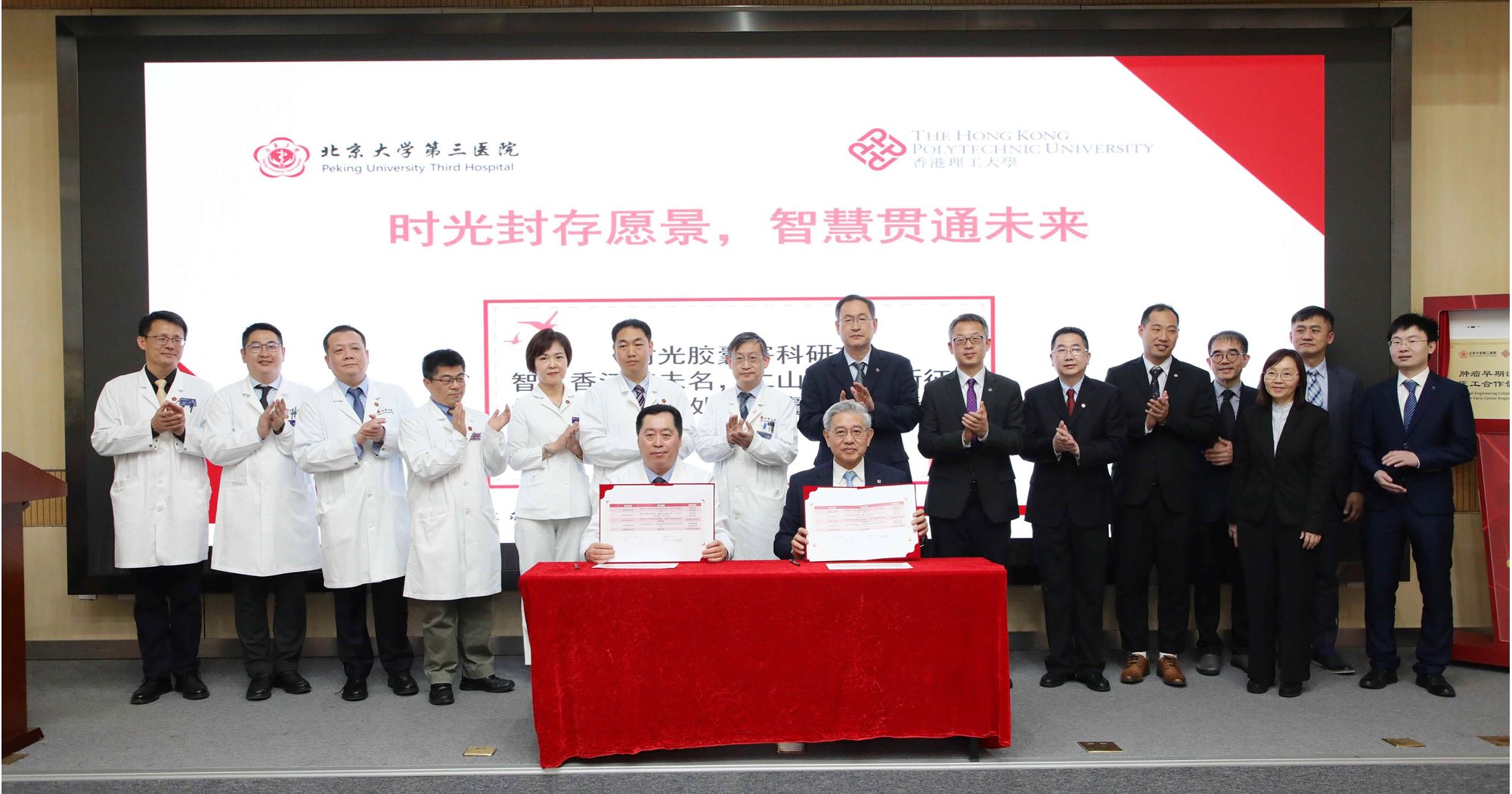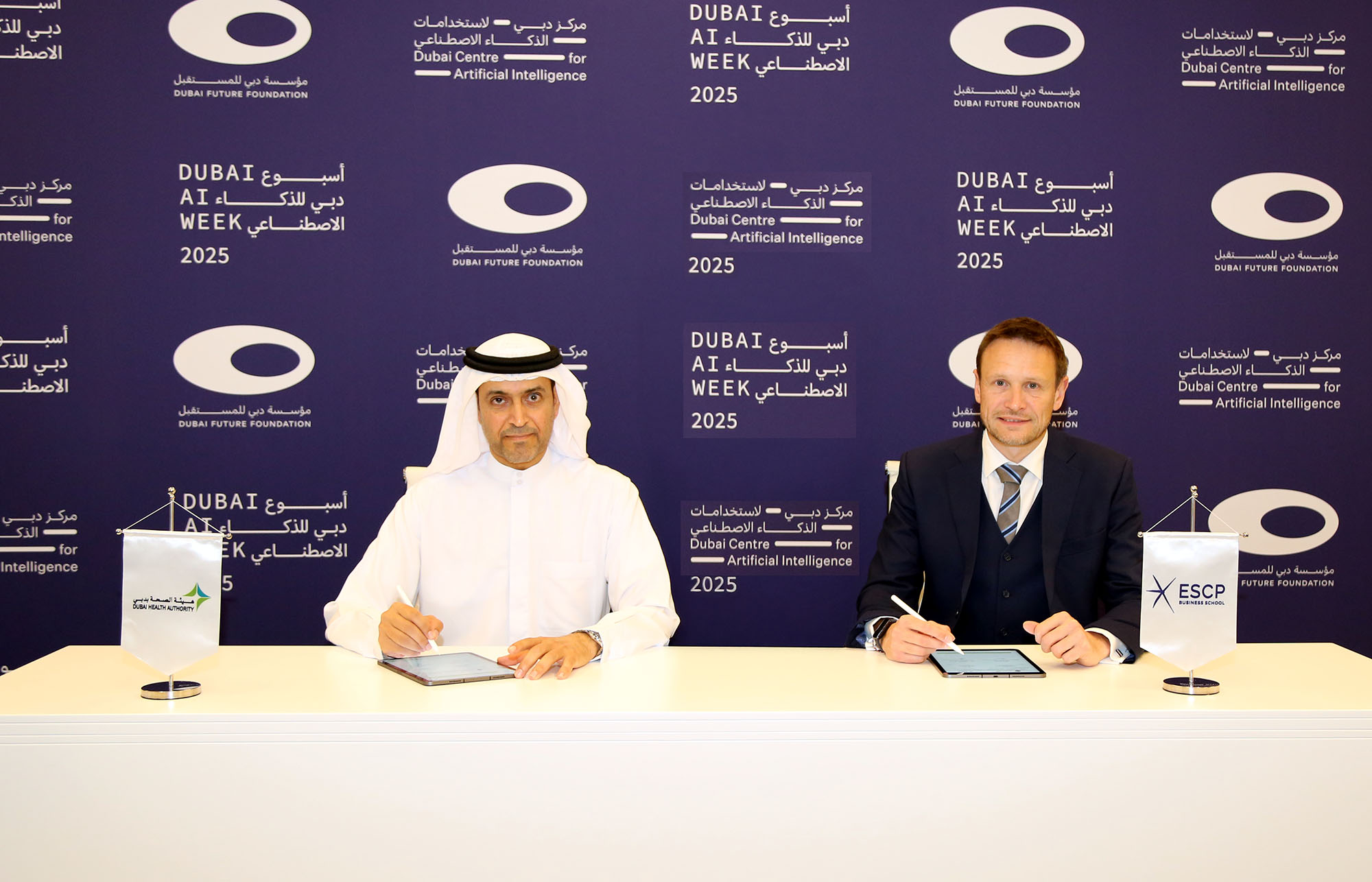
Singapore: Marking a new milestone in Indian health system, the World Health Organization has presented India with certificates declaring elimination of yaws and maternal and neonatal tetanus (MNT). The certificate was received by the Health and Family Welfare Minister, Mr J P Nadda.
Earlier this year, in May, WHO had certified India yaws-free after a team of experts verified interruption of disease transmission in the country. India is the first country under the 2012 WHO neglected tropical diseases (NTD) roadmap to eliminate yaws, a disease known to affect the most underserved population.
Receiving the citation, Health Minister JP Nadda called the occasion a "proud" moment and promised enhanced surveillance to eliminate major infections to prevent child mortality. MNT occurs in newborns through infection of the unhealed umbilical stump when it is cut with a non-sterile instrument. Maternal tetanus is considered eliminated once neonatal tetanus elimination has been achieved. The elimination of Yaws is also important with India being certified as the first Yaws-free nation among the ones than continue to report the bacterial infection of the skin.
The Regional Director of WHO for South-East Asia Region, Dr Poonam Khetrapal Singh, described India's achievement of maternal and neonatal tetanus elimination (MNTE) as a momentous public health feat, as until a few decades ago the country reported 150 000 to 200 000 neonatal tetanus cases annually. Reducing maternal and neonatal tetanus to less than one case per 1 000 live births in all 675 districts demonstrates India's strong commitment and leadership that helped improve access to immunization, antenatal care services and skilled birth attendance in the most vulnerable populations - the poor, the remote and isolated communities.
"India's focused approach on making maternal and newborn care accessible to all and addressing health care equity more generally has made these remarkable successes possible. These victories are not only India's but all of humanity's as the country accounts for approximately one-sixth of the world's population," Dr Singh, said after presenting the certificates to the Minister.
The achievements will aid in the improvement of health of marginalized communities, and also enhance their socio-economic status and contribute to India's wider development, the Regional Director said.
After India's success in MNTE, Indonesia was validated for the same on 18 May this year. With this the entire WHO South-East Asia Region has achieved elimination of maternal and neonatal tetanus. WHO SEAR is the second WHO region, after European Region, to achieve MNTE. Indonesia and Timor-Leste are now the only remaining countries with yaws transmission in the WHO South-East Asia Region.




